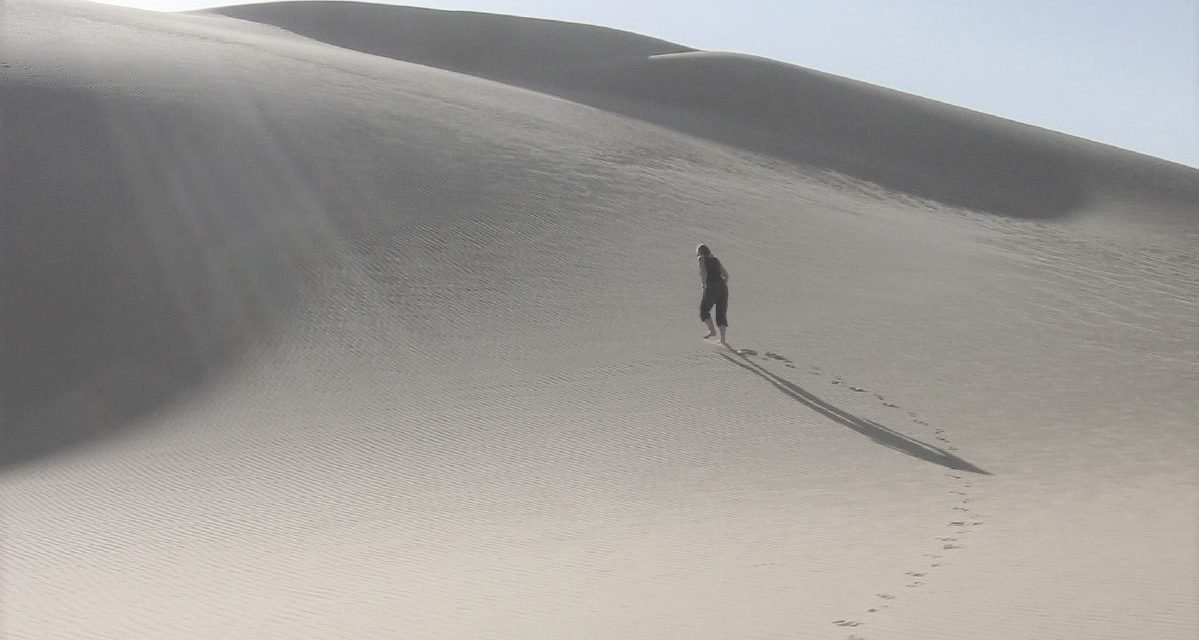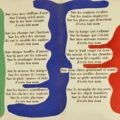
They are not searching for us yet, or, to be more precise, they are searching elsewhere for us. Probably in Arabia. And in fact we shall hear no plane until tomorrow, after abandoning our own. And that single distant flight will mean nothing to us. Black specks mingled with a thousand black specks in the desert, we cannot expect to be seen. Thoughts on this torture will be attributed to me; none of them will be true. I will suffer no torture. The rescuers will seem to be orbiting in another universe.
It takes two weeks of searching to find a plane, in about two thousand miles of desert, when you have no information: they are probably looking for us from Tripolitania to Persia. Yet even today I am clinging to this slender possibility, for there is no other. I change tactic, deciding to explore on my own. Prevot will prepare a fire and light it if anyone turns up, but no one will turn up.
So I head off, not even knowing if I will have the strength to return. Back into my memory comes all I know of the Libyan desert. In the Sahara humidity is a constant 40 per cent, but here it drops to 18 per cent. And life evaporates like a haze. Bedouin tribesmen, travellers and colonial officials all teach that a man can last for nineteen hours without water. After twenty hours his eyes flood with light, and it is the beginning of the end: thirst’s onslaught is devastating.
Yet this north-easterly wind, this abnormal wind that deceived us and defied all forecasts when it marooned us on this plateau, may well be sustaining us now. But for how long will it grant us this reprieve, before the first light in the eyes?
So I head off, as if setting out in a canoe to cross the ocean.
Yet in the dawn light the setting seems less deathly, and I start out with my hands in my pockets, like a thief on the prowl. Last night we set snares at the mouths of some mysterious burrows, and the poacher within me is waking. I check the traps: they are empty.
So I will drink no blood. To tell the truth, I hadn’t expected to. Far from being disappointed, my curiosity is aroused. What do these desert animals live on? They must be fennecs, little carnivorous sand-foxes the size of rabbits, with enormous ears. I can’t resist the desire to follow the track of one of them. It leads me to a narrow river of sand where each print is clearly outlined. I admire the pretty palm-shape formed by the three fanned toes. I can imagine my friend trotting along gently at dawn, licking the dew from the stones. The tracks are spaced more widely now: my fennec broke into a run here. Then a companion joined him, and they trotted side by side. There is a strange thrill in being part of this morning stroll. I love these signs of life. And I forget my thirst for a moment…
At last I reach my foxes’ larder. Every hundred yards or so, a tiny dry shrub the size of a soup tureen emerges from the sand, its stalks heavy with little golden snails. The fennec goes shopping at dawn. And here I com face to face with a great mystery of nature.
My friend the fennec doesn’t stop at every bush. There are some laden with snails, that he disdains. Others he walks around with evident caution. He does go to some, but without stripping them bare. He takes two or three shells, then moves to another restaurant. Is he playing a game not appeasing his hunger all at once, to make the pleasure of his morning stroll more lasting? I don’t think so. This game coincides too well with an essential strategy. If the fennec gorged himself on the products of the first bush, he would strip it bare in two or three meals of its living cargo. And as he went from bush to bush he would wipe out his stock. But the fennec is careful not to upset the breeding cycle. Not only does he go to a hundred of these brown tufts for a single meal, but he never lifts two neighbouring shells from the same branch. It all takes place as if he is conscious of the danger. If he ate his fill without consideration, there would be no more snails. No more snails, and no more fennecs.
The trail brings me back to the burrow. No doubt he’s down there listening to me, terrified by the rumble of my footsteps. And I say to him: ‘Little fox, I’ve had it. But it’s a strange thing, it hasn’t stopped me taking an interest in your state of mind…’
I stand there lost in thought. It seems to me that you can adapt to anything. The idea that he may die thirty years later doesn’t spoil a man’s pleasures. Thirty years, or three days… it’s a question of perspective.







